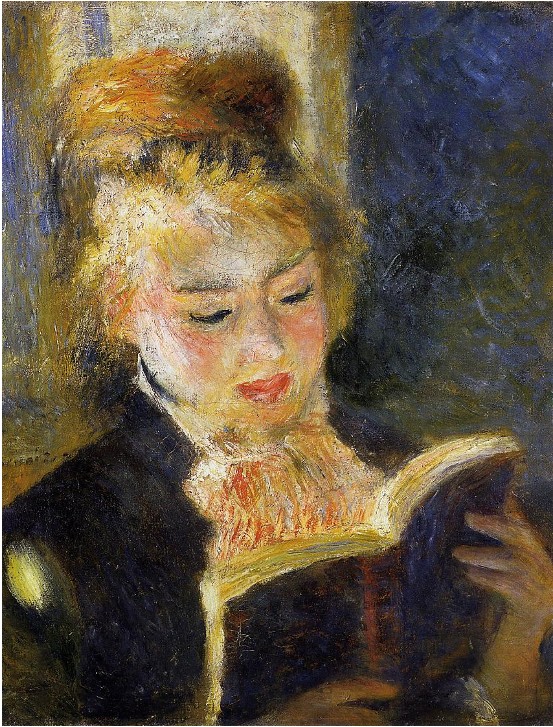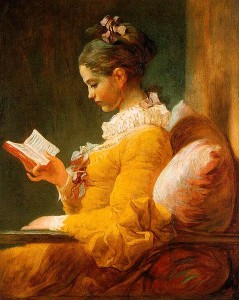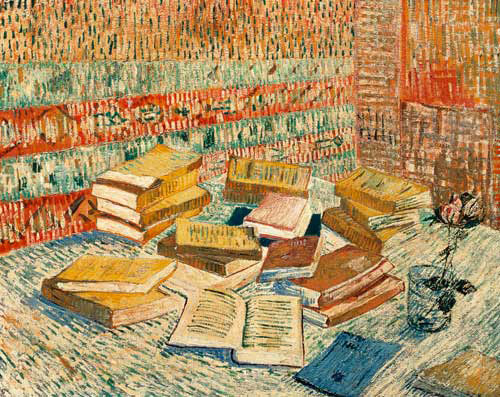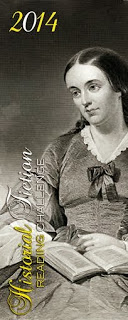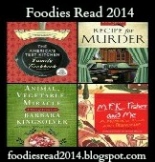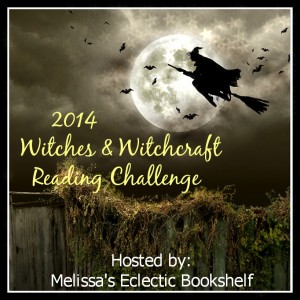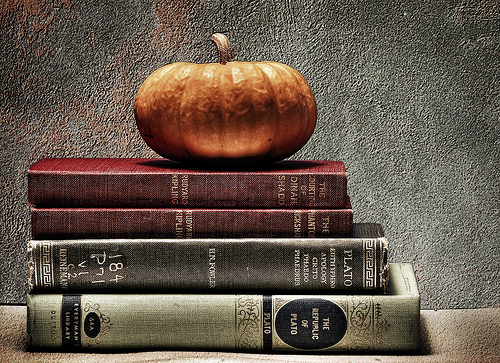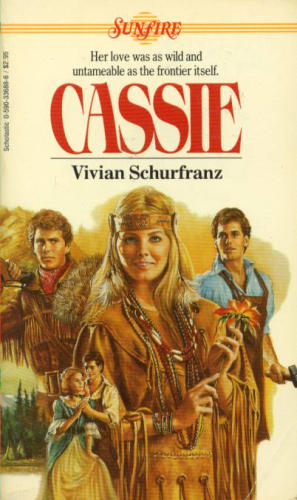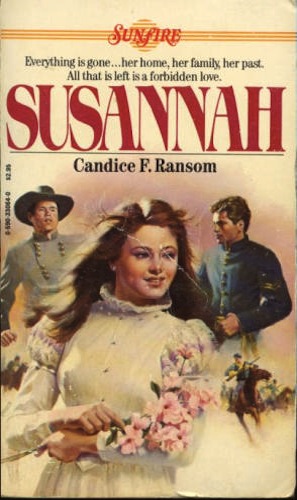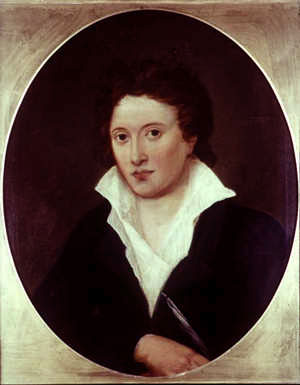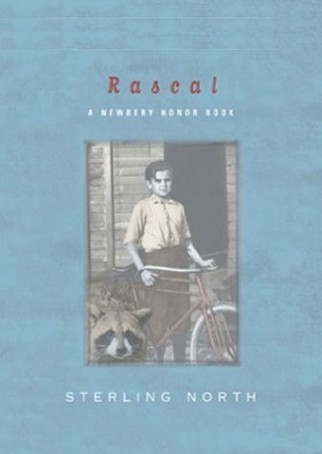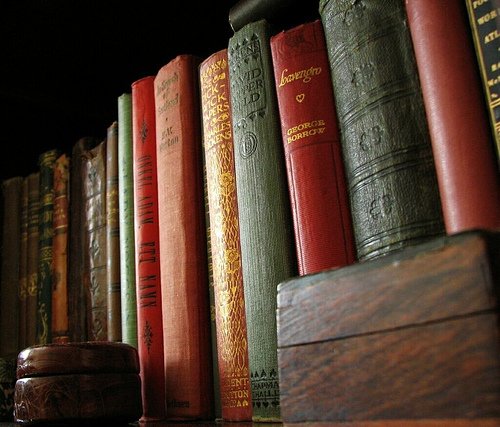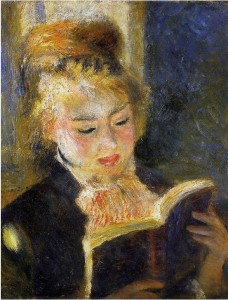 As I said in my previous post, I didn’t have such a good year this year in terms of meeting goals and challenges. I had planned to read 52 books, and I wound up reading 26, or about half of what I wanted to read.
As I said in my previous post, I didn’t have such a good year this year in terms of meeting goals and challenges. I had planned to read 52 books, and I wound up reading 26, or about half of what I wanted to read.
Boo!
Here is the stats breakdown:
- Total number of books read: 26.
- Fiction books: 23.
- Nonfiction books: 3.
- YA books: 7.
- Audio books: 6.
- Digital books: 10.
- DailyLit books: 0.
- Books reread: 9.
Favorite reads of the year (in no particular order):
- Audio book of Ian McKellen reading The Odyssey
- Audio books of Tolkien’s books narrated by Rob Inglis
- [amazon_link id=”0618485228″ target=”_blank” ]The Namesake[/amazon_link] by Jhumpa Lahiri (review)
- The Ocean at the End of the Lane by Neil Gaiman (review)
- The God of Small Things by Arundhati Roy (review)
- Never Let Me Go by Kazuo Ishiguro (review)
Least favorite books:
- [amazon_link id=”1419704281″ target=”_blank” ]Splintered[/amazon_link] by A. G. Howard (review)
- [amazon_link id=”0545477115″ target=”_blank” ]The True Confessions of Charlotte Doyle[/amazon_link] by Avi (review)
Favorite book meme of the year: Not that I participated all that much, but Top Ten Tuesdays. Again.
Favorite Reading Challenge: The R.I.P. Challenge, though I made very little progress this year. I was really in the mood for creepy books come fall, though.
Favorite Blog Posts (again, in no particular order, and not that I posted much):
- Re-Reading Harry Potter: The Creepy Riddle House
- Re-Reading Harry Potter: The Trouble with Time-Turners
- Re-Reading Harry Potter: Trelawney’s Not a Fraud
- Top Ten Best/Worst Book to Movie Adaptations
- Re-Reading Harry Potter: “Mars is Bright Tonight”
- Re-Reading Harry Potter: Harry at Hogwarts
I had a lot of fun with Harry Potter this year, but I stalled out in [amazon_link id=”0439358078″ target=”_blank” ]Harry Potter And The Order Of The Phoenix[/amazon_link]. Here’s hoping I can pick that back up again, but perhaps dial it back a bit. The posts I wrote were loooooong.
Here is my Where Are Your Reading 2013 Challenge map:
View 2013 Where Are You Reading Challenge in a larger map
